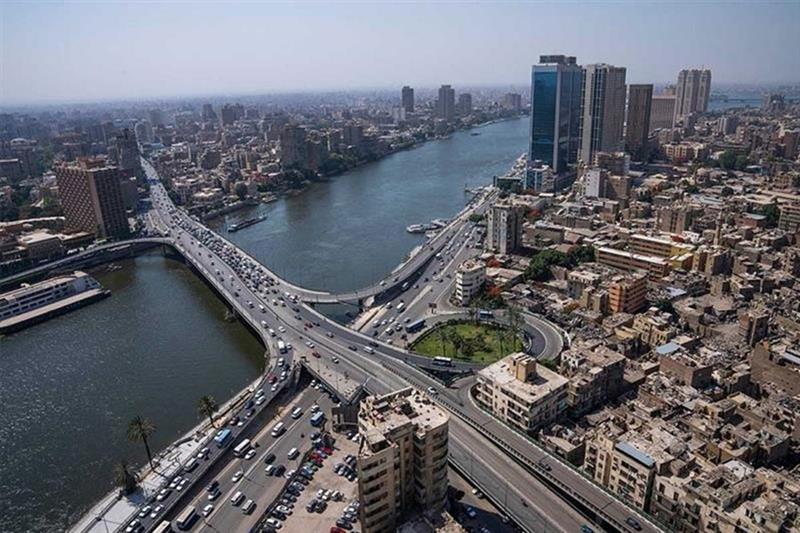In response to the severe economic challenges facing Egypt, the cabinet has released a document outlining key economic trends for navigating the next six years (2024-2030). The document will be submitted for expert-level dialogue soon.
Egypt 2030
The document outlines key priorities for Egypt, focusing on macroeconomic and social aspects. Challenges include a severe shortage of US dollars, rising prices of goods and services, an active parallel currency market, an increasing external financing gap due to the rising US dollar rate, declining foreign direct investment, commodity shortages, and the impact of geopolitical tensions in the Middle East and Europe.
These challenges led major credit rating agencies S&P Global, Moody’s, and Fitch to downgrade Egypt’s long-term sovereign credit rating in 2023, maintaining a stable outlook.
On the macroeconomic front, the document said that the government targets a $145 billion growth in its exports, with a targeted increase in the revenues of the Suez Canal to $26 billion.
It also proposes a rise of the Egyptian expats’ inflows to $53 billion over the coming six years and an increase of the revenues generated by the tourism sector to $45 billion.
In July 2023, the government announced a plan eyes a collection of $191 billion till 2026 as a bid to counter the US dollar shortage in the country; which will be mainly generated by the Suez Canal, merchandise exports, remittances, tourism, and the outsourcing services in the IT sector.
Egyptian expats’ remittances dropped by 30% in the first quarter (July-September 2023) of the current FY2023/2024 to record $4.5 billion, according to the latest data released by the Central Bank of Egypt (CBE).
The government also eyes a real GDP growth range between 6%-7% that would create 7-8 million job opportunities.
GDP growth
Amid escalating global and regional geopolitical tensions, Egypt revised its growth projection for FY2023/2024 to 3.5%, down from 4.2% in December. To address the US dollar liquidity shortage, the government aims to collect $300 billion by 2030, triple the current levels. The document also targets achieving single-digit inflation by the end of 2025, expanding agricultural land to 12 million acres, and increasing public green investments to 75%.
On the social front, the document suggests raising social spending to 23% of the budget, allocating EGP 1.8 trillion for primary education, and launching 16 national universities. It also proposes expanding ration card commodities to 16 items. Additionally, the government aims to construct 672 housing units by 2030 and allocate 25% of banks’ credit facilities to small and medium-sized enterprises (SMEs). Meanwhile, plans are in place to introduce Egypt’s first digital currency through the central bank.
Egypt is currently engaged in an Extended Fraud Facility (EFF) program with the International Monetary Fund (IMF), approved in December 2022, which allows the country to receive a total of $3 billion in loans with a holistic policy that tackles the imbalances the Egyptian economy has been experiencing amid the implications of the Russian-Ukrainian war.
Since the IMF greenlighted the deal and handed the first tranche of the loan to the Egyptian authorities, worth $347 million, Egypt has failed to make further progress on the deal, missing the first two reviews scheduled in March and September 2023.
The key commitments Egypt pledged to apply under this loan deal include adopting flexible regimes for both the key interest rates and the exchange rate, which allows the country to raise the interest rates and further devaluate its local currency against the greenback.
The commitments also involve unleashing the private sector hand to play a leadership role in the country’s economy, offering more stakes of state-owned assets listed in the country’s IPO program, bringing down the inflation to 7% by the end of the program in 2026, and waiving fuel subsidies.
The Egyptian cabinet’s spokesperson stated in January that an expected mission from the IMF will visit Egypt this month to follow up on the country’s economic situation, with an expectation that the current loan program may witness progress during this visit.
The IMF is anticipated to discuss the document Egypt adopted for navigating the ongoing economic challenges during the visit.







